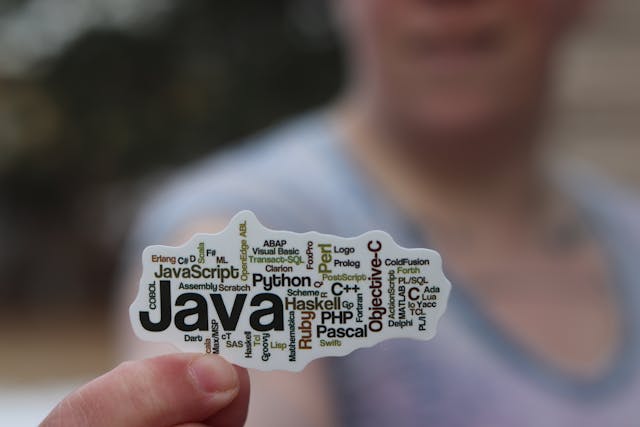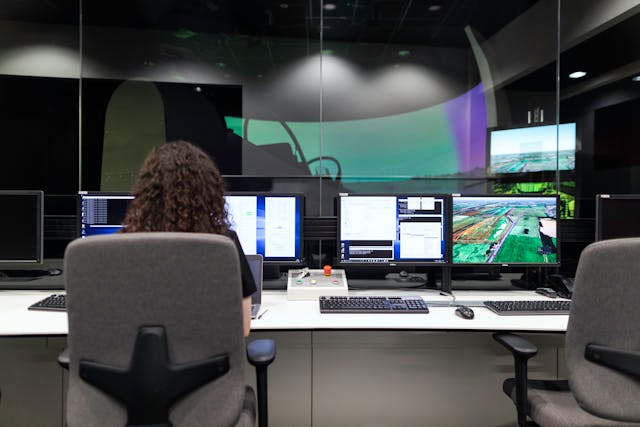The Tech-Infused Evolution of Medication Security in Healthcare
In the fast-paced world of healthcare, ensuring the security of medications is paramount. The reliance on traditional lock-and-key systems to protect medicine cabinets has presented challenges, with the risk of lost keys or unauthorized access. Today, a technological revolution is underway, introducing solutions like electronic smart locks for medicine cabinets that go beyond the limitations of their predecessors.
Table of Contents
The Changing Landscape of Medication Security
Looking back at the historical methods employed to secure medications within healthcare facilities unveils the evolution of the security landscape. Traditional lock-and-key systems, while initially effective, proved vulnerable to the dynamics of a rapidly advancing world. The risks associated with lost keys and unauthorized access prompted a reevaluation of these systems. The need for a more robust and foolproof solution became evident, leading to the exploration of technological alternatives.
This exploration is not merely a reaction to shortcomings; it is a proactive response to the changing nature of healthcare demands. The realization that the traditional approach falls short in addressing the complexities of modern healthcare settings has fueled a paradigm shift. As healthcare professionals strive to uphold the highest standards of patient care, the integration of electronic smart locks becomes a logical step forward, promising enhanced security and efficiency in managing medication access.
Technological Advancements in Access Control
The advent of electronic smart locks marks a significant leap forward in the domain of medication security. These locks redefine the very essence of access control, providing benefits that extend far beyond the capabilities of traditional methods. No longer tethered to the physical limitations of keys, electronic smart locks introduce a new era of secure access. Pin codes and seamless integration with existing security systems, such as RFID credentials, become the bedrock of a robust access control framework. This revolutionary approach ensures that only individuals with authorized credentials can gain access to the medication cabinet.
Beyond the technical intricacies, the introduction of electronic smart locks signifies a commitment to a patient-centric approach. By prioritizing the security of medication, healthcare facilities demonstrate a proactive stance in adapting to the evolving healthcare landscape. The transition to electronic smart locks is not merely a technological upgrade; it is a fundamental shift in mindset, acknowledging that patient safety is intrinsically linked to the security measures in place.
Audit Trails for Enhanced Accountability
A standout feature of electronic smart locks lies in their ability to maintain detailed audit trails, acting as digital custodians of security information. The implementation of these digital trails represents a paradigm shift in the accountability landscape within healthcare settings. Beyond the basic function of securing medication cabinets, electronic smart locks become a source of valuable data. The trails log critical information, including the date, time, and identity of individuals accessing the locked medicine cabinet.
This meticulous tracking of access activity translates into tangible benefits for healthcare professionals. It empowers them with a comprehensive view of medication usage patterns, facilitating informed decision-making. The ability to identify irregularities or potential issues in real-time becomes a proactive measure in maintaining the integrity of the healthcare system. In essence, electronic smart locks not only enhance medication security but also establish a robust system of accountability that is essential in the provision of high-quality patient care.
Remote Monitoring and Control
The adaptability of electronic smart locks to networked systems introduces a new dimension to medication security—remote monitoring and control. This capability is a game-changer, offering healthcare facilities an unprecedented level of flexibility and responsiveness. Administrators can now oversee user and lock activity in real-time, transcending the constraints of physical presence. The ability to grant or revoke access privileges to a locking medicine cabinet remotely adds an extra layer of convenience and security.
This shift toward remote capabilities is not merely a technological convenience; it is a strategic response to the ever-evolving nature of healthcare operations. In emergencies or instances requiring rapid intervention, the ability to manage electronic locks remotely becomes a critical asset. The proactive approach enabled by remote monitoring and control contributes to an overall enhancement of security measures within healthcare facilities.
Closing
The integration of technology into medication security is reshaping healthcare practices. As we’ve explored the advantages of electronic smart locks for medicine cabinets, it has become clear that their innovations represent much more than simple upgrades – they provide transformative solutions that should continue their journey with us. But they won’t stop here. The broader goal is improving medication security across all facets of healthcare. The adoption of such technological measures is not just a step forward; it’s a stride towards a future where patients can receive treatments with the utmost confidence in the security of their medications.










